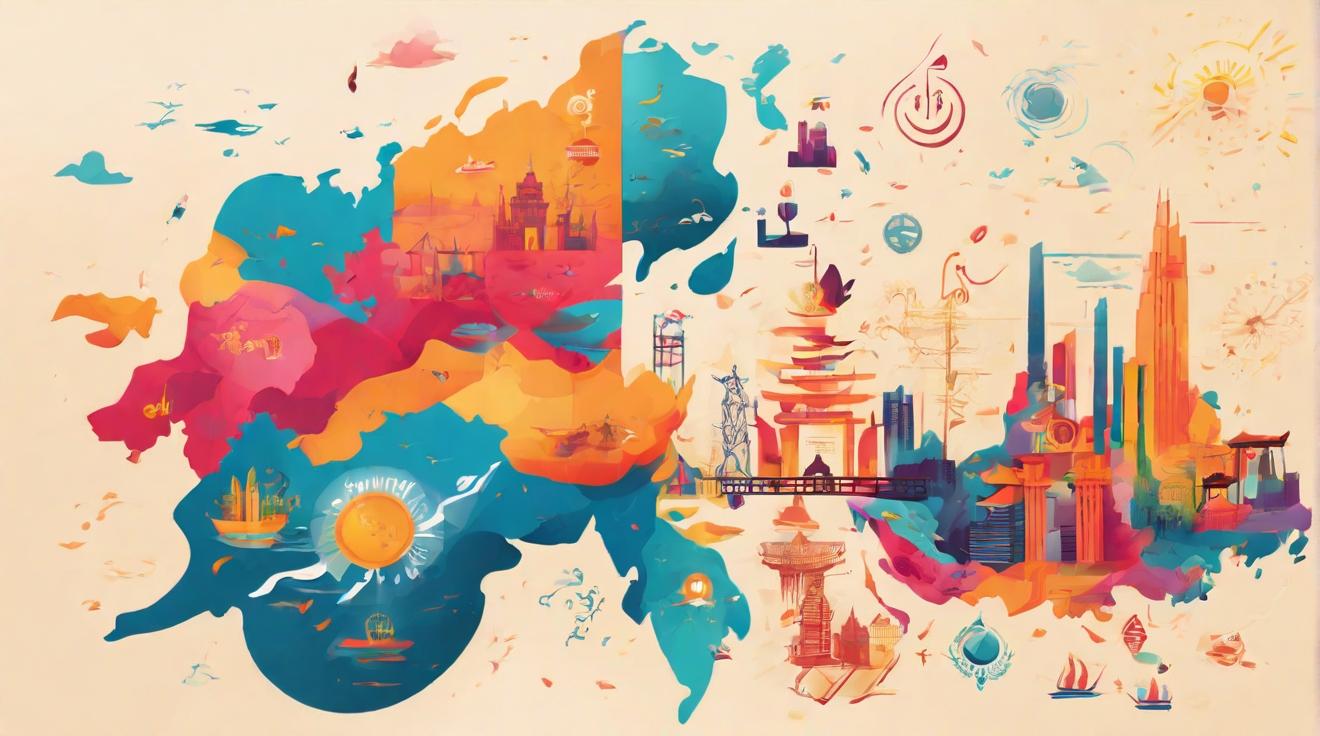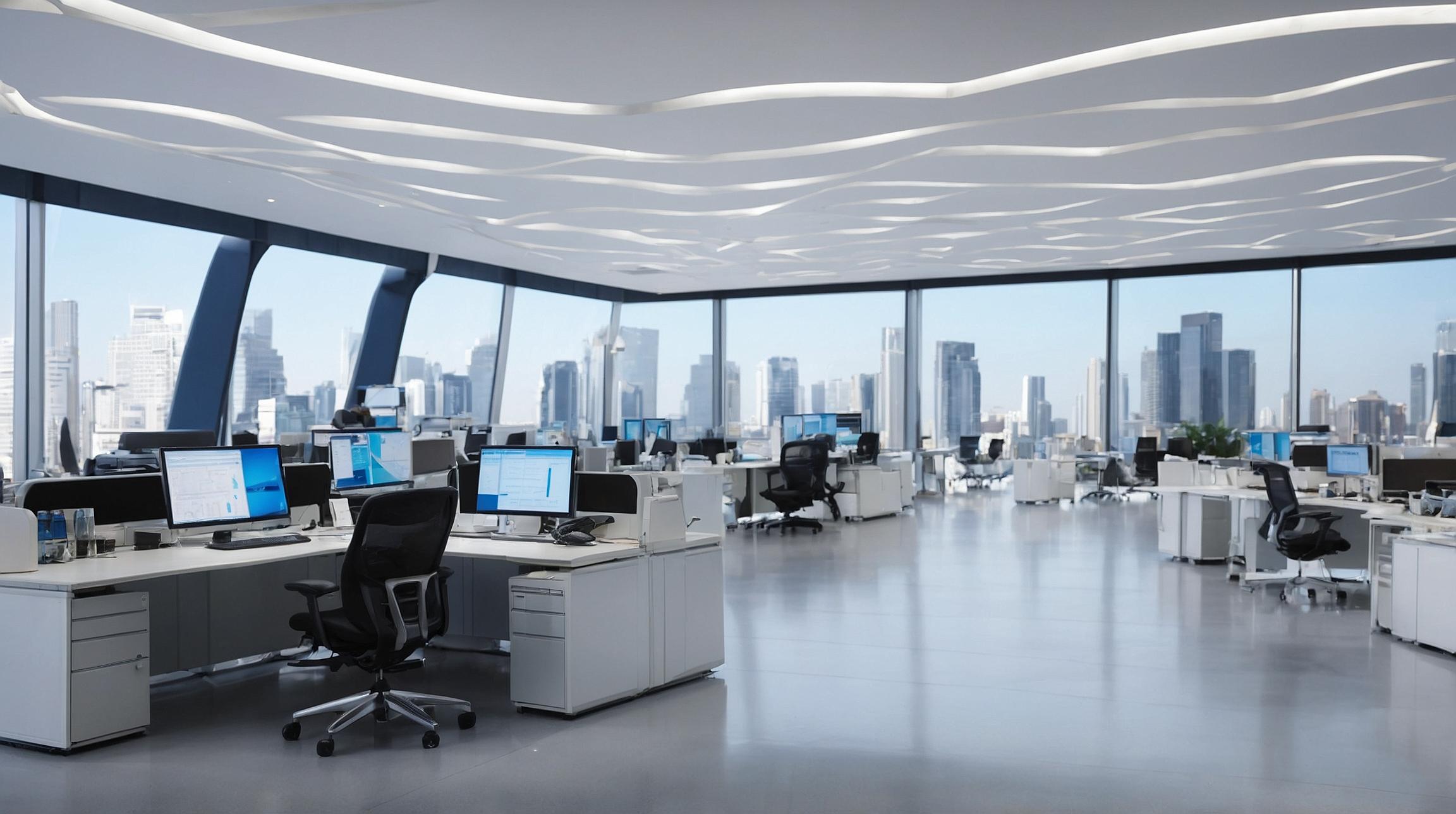Macao, a Special Administrative Region of China, is rapidly evolving beyond its reputation as the world’s gambling capital. Visitors to the Cotai Strip are now greeted not only by iconic casino resorts like the Venetian but also by a broad spectrum of entertainment options including waterparks, spas, fine dining, and major sports events. This week, Las Vegas Sands is hosting two NBA games in Macao, marking the league’s return after a six-year hiatus from China. Patrick Dumont, president and COO of Las Vegas Sands and owner of the NBA’s Dallas Mavericks, emphasized the event’s significance for the city’s entertainment credentials.
“It highlights how great an entertainment city Macao truly is,” Dumont told CNBC, noting the $17 billion invested over 21 years to develop world-class hospitality and entertainment infrastructure.
Entertainment Drives Gaming Revenue Growth
The NBA games, featuring the Brooklyn Nets and Phoenix Suns at the Venetian Arena, join a calendar filled with high-profile events that attract affluent visitors to Macao’s gaming tables. Analysts at Citigroup have recently raised their 2025 gross gaming revenue forecast to $33.3 billion, representing a 10% increase from the previous year. By comparison, Nevada is projected to hit a record $15.6 billion in gaming revenue in 2024, underscoring Macao’s dominant position in the global gambling market.
Government Pushes for Economic Diversification
Despite the robust growth in gaming, Macao’s government is intent on reducing the region’s economic dependence on gambling. When casino concessionaires renewed their licenses in 2022, they committed to investing nearly $15 billion over the next decade, with approximately 90% earmarked for non-gaming amenities.
“Entertainment is a clear driver of visitation,” said Craig Billings, CEO of Wynn Resorts. “Visitation comes from both gaming and non-gaming customers, supporting a more diversified economy.”
Wynn Palace exemplifies this vision with attractions such as an F1 race car collection, gondola rides over elaborate fountain shows, and a dynamic dining and theatrical experience.
Shifting Visitor Demographics and New Amenities
Post-pandemic, Macao has witnessed a demographic shift with younger gamblers and families seeking diverse entertainment. MGM Macau’s $7 million investment in Tria spa features innovative attractions such as a snowfall room and an immersive storm simulation pool. Kenneth Feng, President of MGM China, highlighted the need to continuously refresh offerings to meet the expectations of sophisticated, frequent visitors. Melco Resorts further cater to families with attractions like Studio City’s indoor/outdoor waterpark and the unique figure-8 Ferris wheel, alongside cultural shows such as “House of Dancing Water” at City of Dreams.
Rising Visitor Numbers Fuel Gaming Revenue
Macao welcomed 19.2 million visitors in the first half of 2025, a nearly 20% increase year-over-year. The recent Golden Week holiday alone attracted an estimated 1.2 million tourists. According to JPMorgan analysts, Golden Week was poised to generate $686 million in gaming revenue within just five days, marking the strongest performance in five years. Government data confirms that gaming remains the primary revenue engine, with $5.6 billion collected in gaming taxes during the first half of 2025, despite a slight decline in non-gaming spending per visitor.
Comparing Macao and Las Vegas Strategies
Las Vegas has also invested heavily in non-gaming amenities, with around two-thirds of its revenue now derived from entertainment, dining, and retail. However, these investments come with high costs and have faced challenges from declining tourist demand.
Alan Woinski, publisher of The Gaming Industry Daily Report, noted, “Leisure is where the LV Strip is seeing business plummet. The question is whether the billions spent on non-gaming amenities will attract enough non-gambling visitors to justify the costs.”
In contrast, Macao’s entertainment offerings appear to directly stimulate gaming revenue, creating a synergistic effect not yet seen in Las Vegas.
Outlook: Entertainment as Complement, Not Replacement
Industry insiders caution that Macao is unlikely to shift to a majority non-gaming revenue model. Instead, entertainment and amenities serve to enhance the core gambling business, attracting a broader and more diverse clientele. Future performance, especially in the post-Golden Week period, will be key in assessing whether Macao can fully recover to pre-pandemic gaming revenue levels while sustaining its entertainment expansion.
FinOracleAI — Market View
Macao’s strategy to diversify its tourism economy through significant investments in entertainment and non-gaming amenities complements its core gaming sector. This dual approach appears to be paying off, with rising visitor numbers and robust gaming revenue growth.
- Opportunities: Enhanced visitor experience could attract younger demographics and families, increasing overall tourism and gaming spend.
- Risks: High capital expenditure on non-gaming infrastructure may pressure profitability if non-gaming revenues do not scale as expected.
- Regulatory constraints and government policies in China remain a wildcard, potentially affecting gaming promotion and operations.
- Competitive pressures from other regional destinations could impact Macao’s market share.
Impact: Macao’s robust gaming revenue growth combined with strategic entertainment investments positions it well for sustainable long-term expansion, balancing revenue diversification with its gambling heritage.













